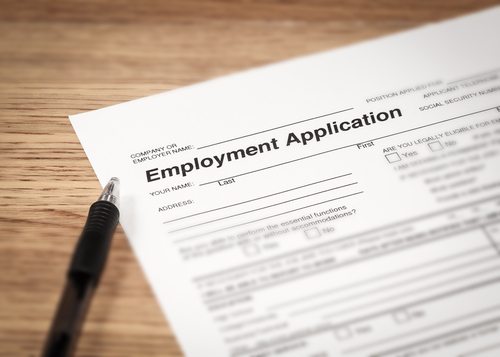Drug related offenses can impact the future. Learn how four federal legal principles may get in the way of recovery and find a way to move beyond them.
Criminal Record
The American Bar Association’s Collateral Consequences Project has identified over 45,000 legal and regulatory barriers that burden people due to a criminal record. The laws and policies often referred to as collateral consequences or criminal record barriers exist in Federal, state and local laws. The impact it has on people’s ability to live with families can help create a safety net.
Punishing Substance Abuse
Substance use disorders are chronic health conditions and people with substance use disorders need treatment and support. Many laws single out people for convictions or histories of use and mete out harsh treatment. Below are four collateral consequences in federal law which apply to drug offenses and past drug use.
Denial of nutritional assistance and public benefits
Federal law prohibits people convicted of drug-related felonies from receiving nutritional assistance through Supplemental Nutrition Assistance Program (SNAP) or cash assistance through Temporary Assistance to Needy Families (TANF). States may opt out of the ban or modify it, but the law creates a lifetime barrier for people with drug felony convictions including simple possession of marijuana or other drugs.
Restricted public housing options
Limited access to public and federally assisted housing for people with drug convictions can lead to wider misuse and continuation of drug use. The policies include a three-year ban on admitting any person evicted from public housing due to substance misuse as well as family. Laws permit housing authorities and landlords to deny people housing for a ‘reasonable time’ after engaging in drug use. Nobody is required to consider if the person has completed substance use disorder treatment. Relapse can occur and may cause more problems.
Barriers to Work
Federal law bars people with certain types of convictions from working in healthcare. The law applies to workers with a wide-range of convictions, including convictions for most drug-related offenses. It includes permanent exclusions from employment in health facilities including:
- Medicare
- Medicaid
- State Block Grant programs
Similar restrictions are included in federal and state laws for other industries. This makes it difficult for people to find work and seek employment opportunities through education.
Financial Aid Ban
The Higher Education Act was amended in 1998 to prohibit anyone with a drug conviction for receiving federal financial aid for college. The ban has since been limited to financial aid only for convictions that occurred while a student was receiving student aid. The ban varies in length but interrupts education for people who are seeking to make a better life, even after treatment is completed.
The Villa supports individuals struggling with addiction. There are still ways to move beyond addiction to recovery that will not prevent a person from succeeding in life. We are here to help set goals and find ways to help you thrive after addiction. Call us to find out how to get started.

